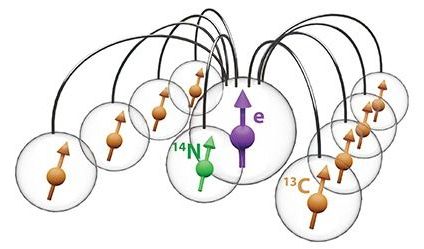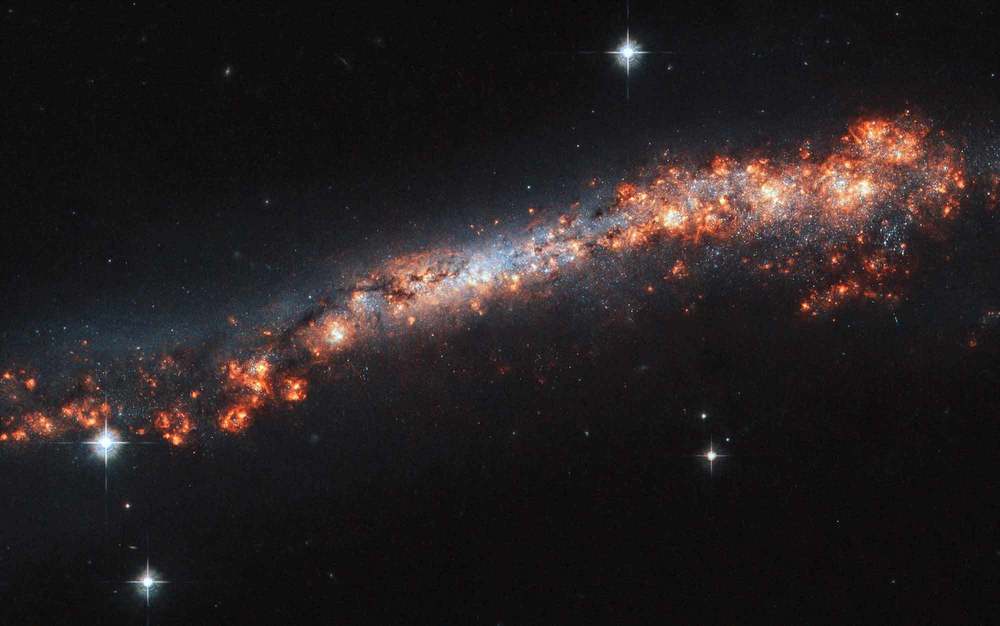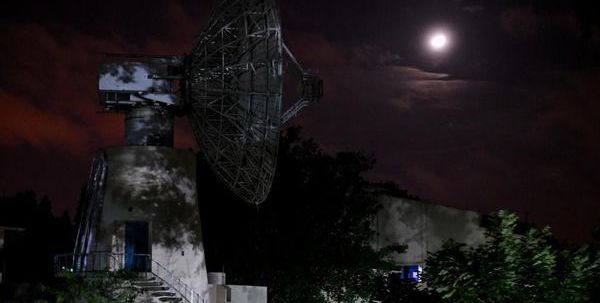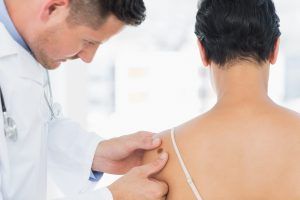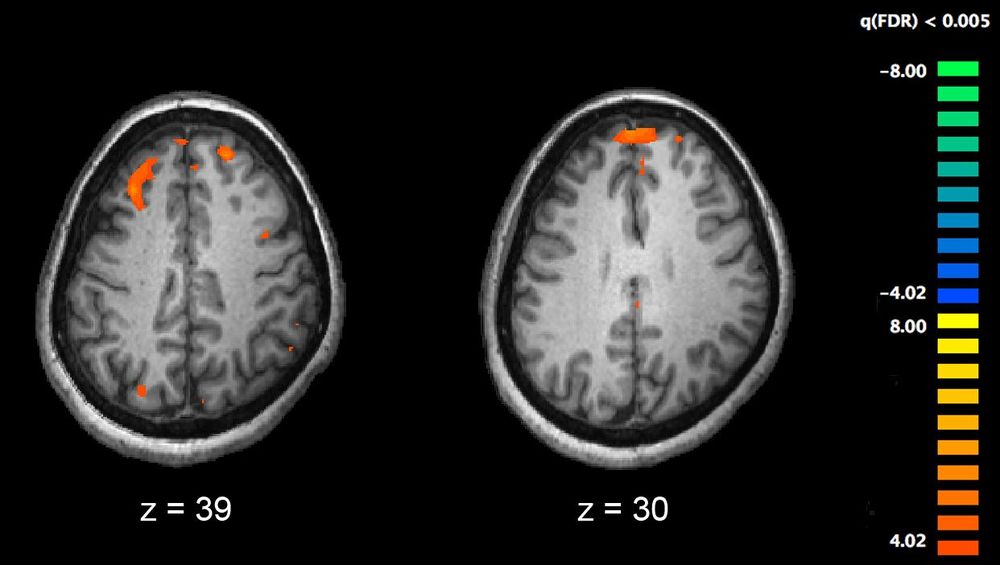
Cybercriminals are zeroing in on the managed service providers that handle computer systems for local governments and medical clinics.
On July 3, employees at Arbor Dental in Longview, Washington, noticed glitches in their computers and couldn’t view X-rays. Arbor was one of dozens of dental clinics in Oregon and Washington stymied by a ransomware attack that disrupted their business and blocked access to patients’ records.
But the hackers didn’t target the clinics directly. Instead, they infiltrated them by exploiting vulnerable cybersecurity at Portland-based PM Consultants Inc., which handled the dentists’ software updates, firewalls and data backups. Arbor’s frantic calls to PM went to voicemail, said Whitney Joy, the clinic’s office coordinator.




